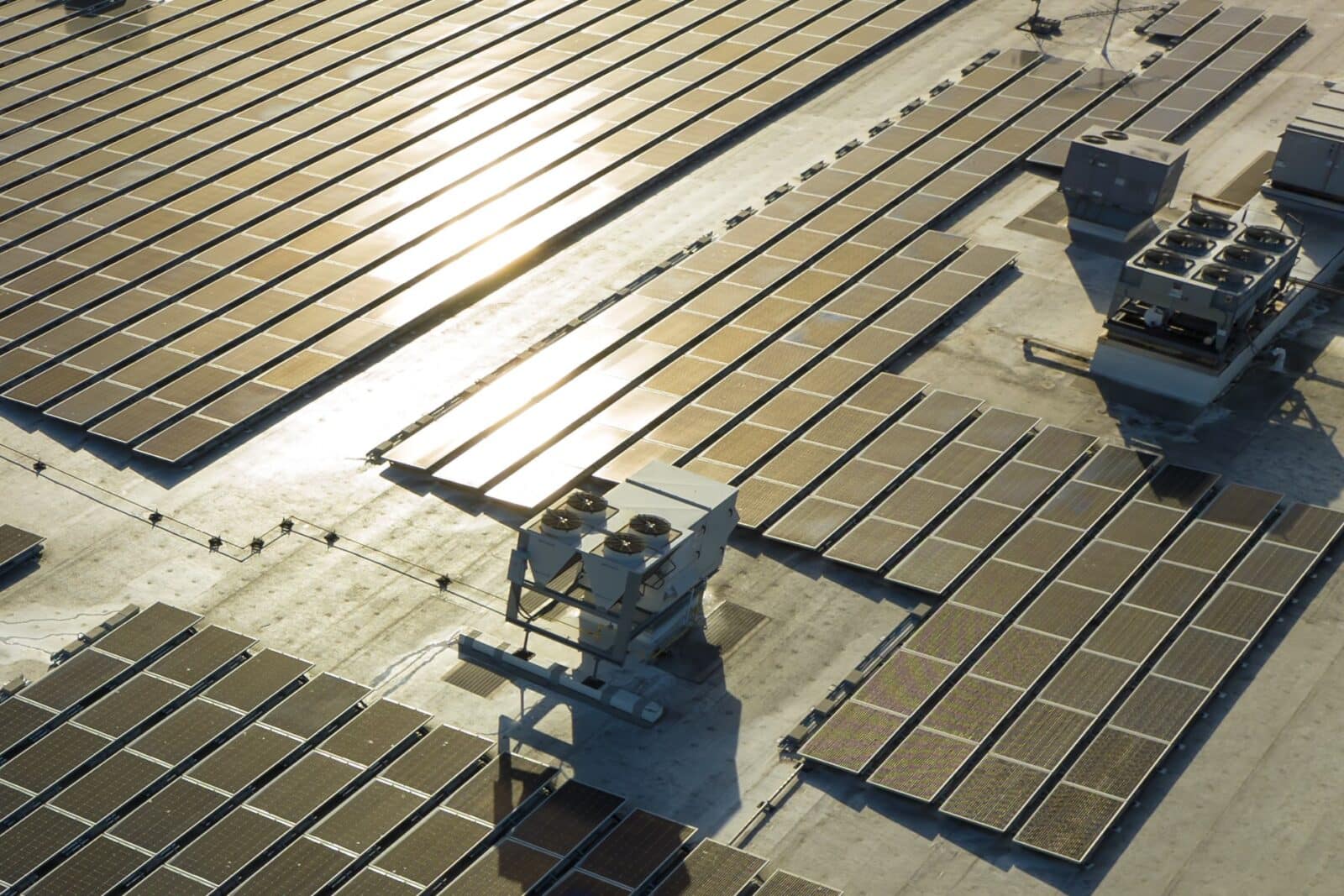Picking the Right HVAC System for Your Home: A Thorough Review

Regarding establishing a comfortable and efficient living environment, selecting the best HVAC system for your home is crucial. With a myriad of options to choose from, each crafted to meet varied needs and preferences, making sense of this decision can be daunting. Grasping the multiple types of HVAC systems, along with key factors such as energy efficiency and indoor air quality, can help you make an informed choice that best meets your household.
In this thorough review, we will explore critical aspects of HVAC systems, including how to boost their performance, notice signs that indicate your system may need attention, and service your equipment properly. From energy-efficient alternatives to the impact of HVAC on your home’s resale value, our guide will provide you with important insights to ensure your home remains comfortable year-round while also holding energy costs manageable. Regardless of whether you are considering a new installation or looking to improve your existing system, we have the information you need to make assured decisions.
HVAC Maintenance Essentials

Maintaining your HVAC system is essential for making sure it operates smoothly year-round. Regular maintenance can assist detect potential concerns before they become serious problems, keeping you time and money on maintenance costs. A well-maintained system not only increases well-being but also extends the lifespan of the equipment. The basis of HVAC maintenance lies in knowing how often to maintain your system, generally advised twice a year, at the start of the heating and cooling seasons.
One of the important maintenance tasks involves swapping the air filters regularly. Clogged filters restrict airflow, resulting in your HVAC system to work harder, which can cause increased energy bills and reduced efficiency. It is recommended to monitor your filters on a monthly basis, especially during peak usage times, and swap them at least quarterly or as necessary. Additionally, ensuring that your outdoor unit is clear of debris can greatly improve performance, as it allows for adequate airflow.
Another crucial aspect of HVAC maintenance is scheduling professional tune-ups. These specialist evaluations can identify issues that the typical homeowner might overlook, such as refrigerant leaks or electrical issues. During a tune-up, a technician will service components, check system controls, and ensure overall functionality. This preventive approach not only assists in improving energy efficiency but also fosters better indoor air quality, making it an expenditure worth taking into account.
Choosing the Right HVAC System
Selecting the right HVAC system for your home starts with assessing your specific needs. Consider factors such as the size of your home, local climate, and your budget. A system that works efficiently in one region may not be suitable for a different location, so it’s essential to assess how much heating and cooling capacity you need. Getting a professional assessment can provide guidance on which system type—traditional, ductless, or combi—will best meet your demands.
Energy efficiency is another key aspect to consider. Look for systems with elevated SEER ratings, as they indicate greater efficiency in energy use. An energy-efficient system can greatly reduce your monthly utility bills and contribute to a greener environment. Furthermore, features such as intelligent thermostats and HVAC zoning can enhance energy savings by allowing better control over temperature settings in various areas of your home.
In conclusion, don’t forget about maintenance and support when selecting an HVAC system. Some units require more frequent service and upkeep than others, which can affect long-term costs. Review warranties and service plans offered by providers or contractors, as having reliable support can ensure your system stays functional for an extended period to come. Making an informed choice will result in better comfort levels, lower energy costs, and a higher resale value for your home.
Improving Internal Atmospheric Quality
The quality of air indoors is vital for maintaining a well-balanced and pleasant living space. One of the best ways to improve the air quality in your home is through proper HVAC care. Periodically changing air filters is important, as blocked filters can disperse dust, allergens, and pollutants around your home. It is suggested to check and replace filters every 1 to 3 months, depending on usage and the presence of pets or allergic reactions. Additionally, think about using HEPA particulate air (HEPA) filters that collect smaller particles and boost overall air cleanliness.
Another way to improve indoor air quality is by maintaining proper ventilation. Modern HVAC units often include fresh air inlets or can be used with energy recovery ventilators (ERVs) that replace stale indoor air for fresh outdoor air while minimizing energy loss. This is particularly crucial in well-sealed houses w here moisture and pollutants can accumulate. Regularly lifting windows when conditions permits can also assist, allowing fresh air to move and reducing indoor air stagnancy.
Lastly, moisture control plays a key role in indoor air quality. High moisture levels can create a environment for mold, mildew, and dust mites, which can trigger allergies and breathing issues. Using a dehumidifier or making sure that your HVAC system has humidification controls can help maintain optimal humidity levels between thirty and 50 percent. Monitoring humidity and making necessary adjustments can lead to a more comfortable living environment and greater comfort for you and your family.
